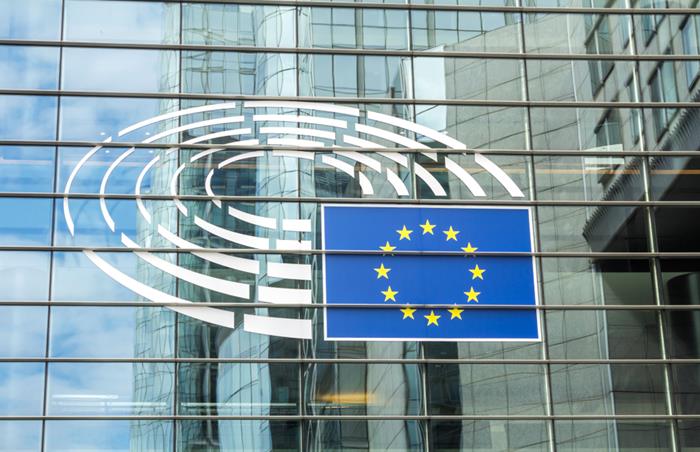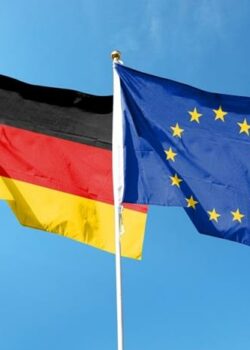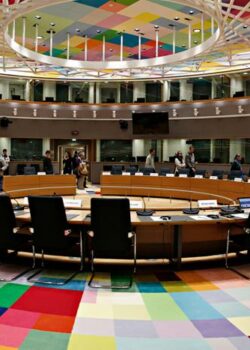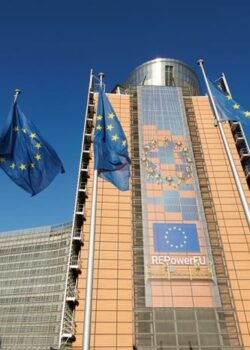One of the largest groups for institutional investors has called on the European Union to firm up a definition of “corporate sustainability” for new laws that would impose mandatory non-financial due diligence on European companies.
The call comes from the International Corporate Governance Network (ICGN) as European policymakers work to conclude the final form of the new rules.
The Corporate Sustainability Due Diligence Directive is due to be finished later this year, with efforts under way to make final amendments.
ICGN suggests that the directive not only needs a definition of its key concept, but also reference to the role of boards in supervising due diligence.
According to Robert Walker, ICGN’s sustainability policy manager, the EU is “rising to the challenge” of confronting environmental and social crises, but he suggests the current form of the directive needs work. The world, he says, “is moving at a fast pace and standards must both reflect recent developments and anticipate new ones”.
Other recommendations for the new laws include asking companies to go beyond climate change metrics for setting director and executive remuneration to “additional sustainability goals, where material”.
As mentioned, ICGN also wants a focus on the “governance” of due diligence to “include the incorporation of sustainability-related responsibilities into board and committee mandates and processes for establishing requisite corporate sustainability expertise on the board”.
International levelling up
Lastly, the group calls on law makers to ensure that whatever new regulation is created should be up to date with the latest reporting developments elsewhere in the world.
The EU is working on its new reporting requirements, the US is pushing through new climate risk reporting mandates and an entirely new set of reporting guidelines is under development by the International Sustainability Standards Board, part of the organisation that produces international financial reporting standards. Elsewhere, new sustainability assurance standards for auditors are also on their way.
The due diligence directive is not without controversy. Earlier this month, a group of 20 companies, among them IKEA, Unilever and Aldi, called on the EU to ensure the legislation would be in tune with UN and OECD recommendations, including the UN’s Guiding Principles on Business and Human Rights.
They also want the directive to ensure due diligence involves stakeholders such as unions, local communities and human rights groups.
Some news outlets have reported that the due diligence legislation has taken longer than expected because of wrangling between those who argue it should apply to “upstream” suppliers only, and those who want it applied to the “use” of products downstream.
Elsewhere, there is concern that certain EU political figures have rallied round an argument that due diligence should not apply to “sustainability”. That appears like a long shot but it has worried some, including NGOs.
In an editorial for Euro News, B Lab, an NGO, said: “This would be a huge missed opportunity and threatens the success of achieving the EU’s Green Deal targets, which depend heavily on mass-regulated change in corporate behaviour and accountability.”
This week the legal affairs committee of the European Parliament voted through its version of the new directive agreeing to push for more firms being subject to the directive. MEPs say the directive should apply to companies with more than 250 employees and worldwide turnover of €40m or more, in addition to parent companies with more than 500 employees and turnover of €150m and upwards.
They also supported moves to ensure the directives means companies not only check their upstream suppliers but also “activities related to sale, distribution and transport”.
The Parliament as whole is still to adopt a position on the directive. Once it has it will enter negotiations with the European Council on the final version.
Though some EU states already have due-diligence-style legislation, for example, the “loi de vigilance” in France, the EU’s directive will be groundbreaking. That means the lobbying and horse trading will go to the wire. Expect more.





